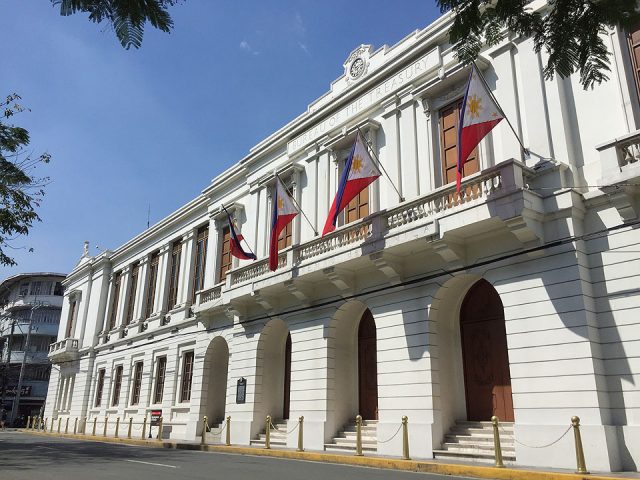Is the leisure sector ripe for a rebound?
Colliers Philippines is starting to see green shoots of recovery in the hotel and leisure segment. Many Filipinos are raring to spend and travel after two years. But the questions remain, are these growth indicators enough to enable the sector to regain lost ground? How has the segment evolved? And will local and foreign tourists’ preferences change as a result of the pandemic?
Data from the Philippine Statistics Authority (PSA) showed that spending in the restaurants and hotels segment grew by 5.1% in 2021 from a 43.1% contraction in 2020. Meanwhile, the gross value added (GVA) for land, water and air transport saw a turnaround with an average growth of 3.5% in 2021 from a 39.3% drop in 2020. The easing of mobility restrictions has also propelled hotels and other tourism establishments’ operations due to larger operating capacities.
Previously, Colliers noted that recovery in the hotel segment is likely to be driven by domestic travel, followed by corporate travel, extended leisure with the easing of international travel restrictions, with Meetings, Incentives, Conferences and Exhibitions (MICE) activities recovering the slowest. Projections from International Air Transport Association (IATA) show that the domestic travel demand is likely to reach 93% of pre-COVID levels in 2022 while international travel demand will likely reach 44% of pre-pandemic level this year.
While the demand for international travel remains sluggish, the Department of Tourism (DoT) shifted its efforts to reviving local tourist destinations such as Palawan, Cebu and Boracay. The department also ramped up its vaccination drive to inoculate workers from various tourism-related industries. As of the end of 2021, about 282,780 workers or 88% of the 325,489 workers have been inoculated against Covid.
The results from our Q4 2021 Property Briefing Survey showed travelers’ preference to visit local tourist destinations once the government lifts all travel restrictions. Travelers are likely to visit beaches as 47% of those surveyed chose Palawan as their top destination, followed by Boracay (33%).
To prepare for the anticipated rebound in demand, Colliers Philippines has provided some recommendations on how hotel operators and other tourism stakeholders can maximize the pent-up demand and kickstart recovery:
REPURPOSE FACILITIES INTO PRIVATE OFFICES AND FLEXIBLE WORKSPACES
Traditional and outsourcing firms’ implementation of alternative work schemes has enabled hotel operators to be agile with their services. For one, some hotel brands have started to convert and repurpose their facilities into private offices and flexible workspaces provided that they comply with the government-mandated health and safety protocols.
Colliers believes that demand for these facilities is likely to grow, given that more firms are willing to implement remote work schemes. Hotels also do not require long-term lease obligations while offering round-the-clock services and on-site amenities to guests. During our Q4 2020 Briefing survey, 66% of the respondents said that they are willing to work in a hotel room converted into a co-working/flexible workspace.
IMPLEMENT STAFF TRAININGS AND REFRESHER PROGRAMS
Informing staff of the new protocols and guidelines in cleaning practices in common areas and hotel rooms, proper food and beverage (F&B) etiquette and maintaining sanitary food preparation. Colliers believes that these will ensure a seamless, efficient, and safe hotel experience for guests under the new normal.
INTRODUCTION OF HYBRID MICE
One of the segments hardest hit by the pandemic is the MICE industry. In our view, hotel operators and other tourism stakeholders should look at the viability of implementing hybrid MICE events or a mix of physical and virtual participants. We believe that this should partly buoy the MICE segment which heavily suffered due to limited face-to-face events.
Surprisingly, about 57% of the respondents during our Q4 2021 briefing said that they are now willing to attend a face-to-face event or convention in a five-star hotel while 43% said otherwise. This is an improvement from our Q2 2021 survey result in which 80% of our respondents said that they are still not confident to attend face-to-face events.
Overall, we see the hotel sector gearing up for a rebound. The gradual easing of local and international travel restrictions and improving vaccination rates should shed light on the leisure sector’s recovery. While the pandemic has changed the way people interact and live, the hospitality and tourism segment must respond, prepare and look ahead to be able to thrive in a post-COVID environment.
Alfonso Martin L. Aguila is a senior research analyst at Colliers Philippines. He covers office, residential, leisure, retail, and industrial sectors.

























